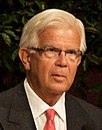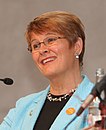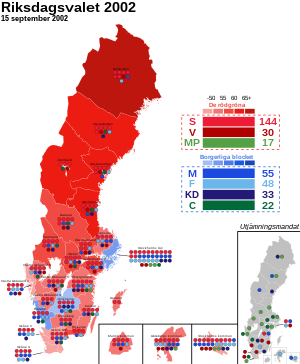
Back Eleccions legislatives sueques de 2002 Catalan Parlamentní volby ve Švédsku 2002 Czech Riksdagsvalget i Sverige 2002 Danish Wahl zum Schwedischen Reichstag 2002 German Elecciones generales de Suecia de 2002 Spanish 2002. aasta Rootsi parlamendivalimised Estonian Ruotsin valtiopäivävaalit 2002 Finnish Élections législatives suédoises de 2002 French Elezioni legislative in Svezia del 2002 Italian Zweedse parlementsverkiezingen 2002 Dutch
| ||||||||||||||||||||||||||||||||||||||||||||||||||||||||||||||||||||||||||||||||||||||||||||||||||||||||||||||||||||||||||||||||||
All 349 seats in the Riksdag 175 seats needed for a majority | ||||||||||||||||||||||||||||||||||||||||||||||||||||||||||||||||||||||||||||||||||||||||||||||||||||||||||||||||||||||||||||||||||
|---|---|---|---|---|---|---|---|---|---|---|---|---|---|---|---|---|---|---|---|---|---|---|---|---|---|---|---|---|---|---|---|---|---|---|---|---|---|---|---|---|---|---|---|---|---|---|---|---|---|---|---|---|---|---|---|---|---|---|---|---|---|---|---|---|---|---|---|---|---|---|---|---|---|---|---|---|---|---|---|---|---|---|---|---|---|---|---|---|---|---|---|---|---|---|---|---|---|---|---|---|---|---|---|---|---|---|---|---|---|---|---|---|---|---|---|---|---|---|---|---|---|---|---|---|---|---|---|---|---|---|
| ||||||||||||||||||||||||||||||||||||||||||||||||||||||||||||||||||||||||||||||||||||||||||||||||||||||||||||||||||||||||||||||||||
| ||||||||||||||||||||||||||||||||||||||||||||||||||||||||||||||||||||||||||||||||||||||||||||||||||||||||||||||||||||||||||||||||||
General elections were held in Sweden on 15 September 2002,[1] alongside municipal and county council elections. The Swedish Social Democratic Party remained the largest party in the Riksdag, winning 144 of the 349 seats.[2]
After securing a confidence and supply agreement with the Left Party and the Green Party, Prime Minister Göran Persson was able to remain in his position for a third consecutive term as a minority government.
Although the bloc compositions were similar to 1998, the complexions of the centre-right bloc shifted radically. Under new party leader Bo Lundgren, the Moderates lost more than seven percentage points and barely held on as the largest party in its coalition. Only eight municipalities in all of Sweden had the Moderates as the largest party, six of which were in the Stockholm area.[3] The Peoples' Party led by Lars Leijonborg, instead more than doubled its parliamentary delegation and received above 13% of the vote. Lundgren resigned in the wake of the election, leading to the selection of future Prime Minister Fredrik Reinfeldt as the Moderate leader.
Among the four other Riksdag parties, the Christian Democrats and the Left Party both lost ground, whereas the Centre and Green parties managed to reach the parliamentary threshold of four percentage points.
Among minor parties, the Norrbotten Party reached 9.4% of the vote in its county, polling above 20% in some inland areas. However, this was not enough to gain a Riksdag seat.[3] The Sweden Democrats became the eight largest party for the first time, making sizeable gains and winning more council seats than ever before.
- ^ Nohlen, D & Stöver, P (2010) Elections in Europe: A data handbook, p1858 ISBN 978-3-8329-5609-7
- ^ Nohlen & Stöver, p1873
- ^ a b "Sverige - Valområde - 2002-09-27 09:16:45" (in Swedish). Valmyndigheten. 27 September 2002. Archived from the original on 7 September 2021. Retrieved 19 November 2019.








